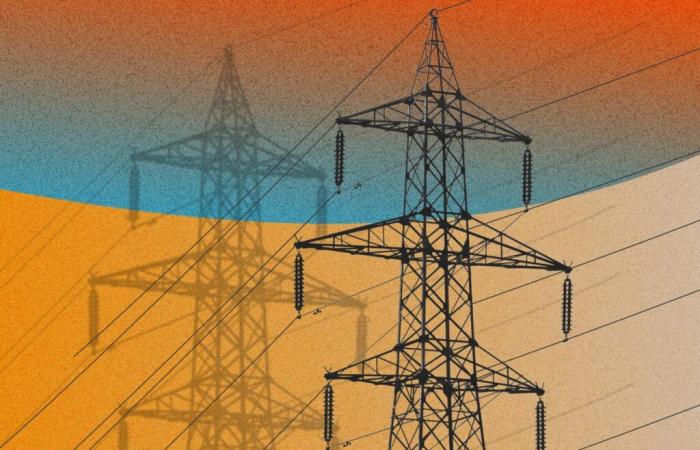
The electricity bill for most French households, more than 24 million households, will fall by 15% on 1is February, a first since 2015, announced Thursday January 16 the Energy Regulatory Commission (CRE).
Regulated electricity sale prices “are falling because the energy share [de la facture] drops very sharply »declared the president of the commission, Emmanuelle Wargon. The CRE has thus formalized the exact level of this reduction previously expected at − 14%, after two years of sharp increases against a backdrop of the energy crisis.
As planned, the price shield on electricity, put in place by the French government in October 2021 to limit increases in bills, will end on 1is February, but without the tax increase initially planned by the government, which ultimately allows for a reduction.
This reduction will affect the approximately 20.4 million households subscribed to EDF's blue tariff (60% of the 34 million residential subscribers), to which are added the 4 million subscribers to offers indexed to this tariff, and this despite the increase in a government tax and the increase in electricity transmission and distribution costs (Turpe). For the 10 million individuals who do not depend on regulated prices but subscribe to market offers, the variation will depend on their suppliers, who are free to pass on these increases or not, by playing on their margins.
Hundreds of euros saved
The CRE calculated the savings for households with regulated prices (which use electricity for cooking-hot-water-heating): the reduction would amount to 651 euros per year for a family of four people in a house; 389 euros for a household of three people in an apartment and 107 euros for a household of two people.
-The decline in electricity prices on wholesale markets, after their sharp increase in 2021-2022 against a backdrop of post-Covid recovery then, above all, the war in Ukraine, will allow “a very substantial drop” of “the energy part” of the bill, insisted Emmanuelle Wargon.
This will more than offset the two increases applied to 1is FEBRUARY. The electricity tax, lowered to its minimum (1 euro per megawatt hour) during the energy crisis, will rise to its initial level, increased for inflation, i.e. 33.70 euros per megawatt hour for individuals, compared to 22 euros currently. The electricity transmission and distribution tariff, a toll paid by suppliers and passed on to consumers, will increase by 7.7%.





